On July 26, 2023, the world watched with rapt attention as former U.S. intelligence official David Grusch sat before a House committee and informed them that the people of Earth had been duped.
Aliens, he said, were among us, secreted away in government facilities by unscrupulous officials. It wasn’t the first time that this sort of information had been brought before the United States government, but something about this time felt different. Maybe it was that it was the most recent. By God, it was the very most recent of all. A shaken nation needed an expert to turn to in its hour of existential distress. Luckily, at least in my corner of this great land, a shaken nation forgot to cancel its Prime membership again this month, and therefore had access to Close Encounters of the Fifth Kind: Contact Has Begun, a film that The Hollywood Reporter once called “too impassioned in its nuttiness to be a purely cynical, Scientology-style sham.”
I learned a really important lesson from it, too.
Prologue: On the choices we make

Steven Greer is a former emergency room doctor. He is smarter than me. He may be taller than me. There’s a lot about Steven Greer that’s remarkable and impressive, and I don’t want to take away from any of that, especially the height thing.
All of that being said:
He’s also a vocal ufologist, the founder of multiple organizations dedicated to transparency in the field of alien intelligence, and the man behind Close Encounters of the Fifth Kind, a 2020 feature-length film available to stream for free on Prime Video — and a bunch of free-with-ads streaming services — for as long as it takes for Steven Spielberg to file the necessary legal paperwork.
Close Encounters is, in a lot of ways, a documentary. It features actual blurry home video footage of actual blurry events. It purports to unveil the most dangerous truths the U.S. government is hiding from you, the God-fearing American citizen. It features a disgraced celebrity narrator that you would never guess — not in a million tries — and more footage of Kevin Spacey than you’d probably expect. It’s a lot.
But I’ve never let “a lot” stop me. I’ve performed comedy in Florida, and I once dated your mom. In preparation for the arrival of evidence of extraterrestrial visitations that’s more concrete than “a guy said so” — evidence which I’m positive we’ll be seeing any day now — I watched Close Encounters of the Fifth Kind. Here’s what I learned.
Part One: The importance of knowing what color your kettle is, or: Just because you can afford Jeremy Piven doesn’t mean you should
Close Encounters of the Fifth Kind was produced by 1091 Pictures, a subsidiary of Chicken Soup for the Soul Entertainment that’s spent the last few years pinballing between making prestige Werner Herzog think pieces and Saban-level filler starring guys like Danny Glover who seem like they’ve been tired since the ‘90s. Its opening shot presents viewers with a facsimile of an old computer monitor, and a quote from physicist Paul Dirac, the guy who came up with the concept of antimatter and made a lot of his colleagues worried about him by being pretty crazy. The quote isn’t as important as the font, which is ripped straight from the poster for The Matrix. Using a Matrix font in the first 30 seconds of your film about how the world ain’t what it seems is hacky, and it’s sort of the documentary equivalent of wearing a t-shirt that says “Ask Me What DMT Tastes Like.”
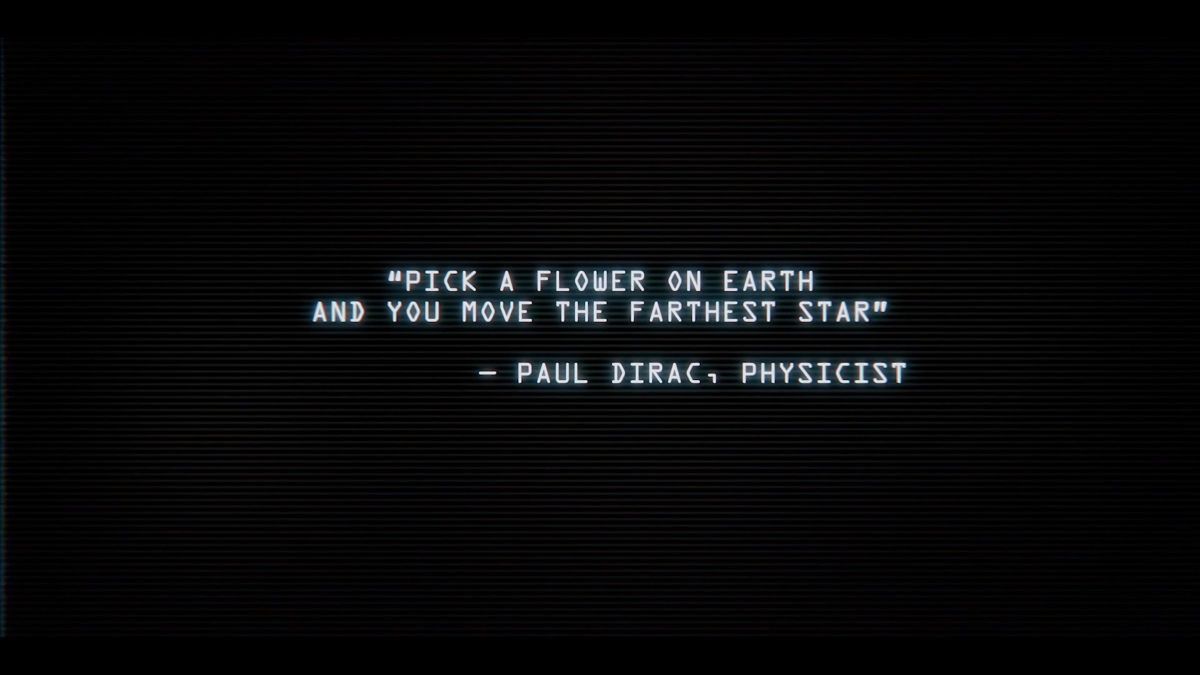
It’s an ironic lack of self-awareness from a writer/director who’s such an advocate for meditation, and it’s indicative of what’s to come, starting with the narrator. If you go into Close Encounters blind, you’ll spend a pretty embarrassing amount of the first few minutes thinking, “Man, that narrator sounds a lot like Jeremy Piven.”
“Something strange is happening,” the narrator begins over the first of what will be countless stock footage shots. This introductory stock footage is of Earth, where the strange something of which we’ve just been informed is, presumably, happening.
“We are living through the most extraordinary moment in human history,” he continues, apparently not realizing that there was a point in 1983 when Jaws 3-D, the Lou Ferrigno Hercules, and Porky’s 2 all hit theaters in a three-month span.
The guy who sounds like Jeremy Piven goes on, claiming that politicians are finally starting to admit that aliens have been visiting Earth. Before you can say, “No, they’re not,” there’s a curveball: the same politicians who admitted that the planet is lousy with aliens during the “footage not found” segment of the film are now treating the aliens as a threat. That, Close Encounters posits, is why there’s a Space Force now, you dummy.
But don’t worry, the movie says before taking any questions from the confused at-home audience with their hands reflexively raised. “One man (Steven Greer) has been trying to warn us about this for decades,” the — seriously, just very Jeremy Piven-ish — narrator tells us. Smash cut to video of Greer, looking into the camera. “If you’re seeing this, it is because I am either dead, or have been entrapped, or have disappeared,” he informs us. He isn’t, and he hasn’t, and he won’t.
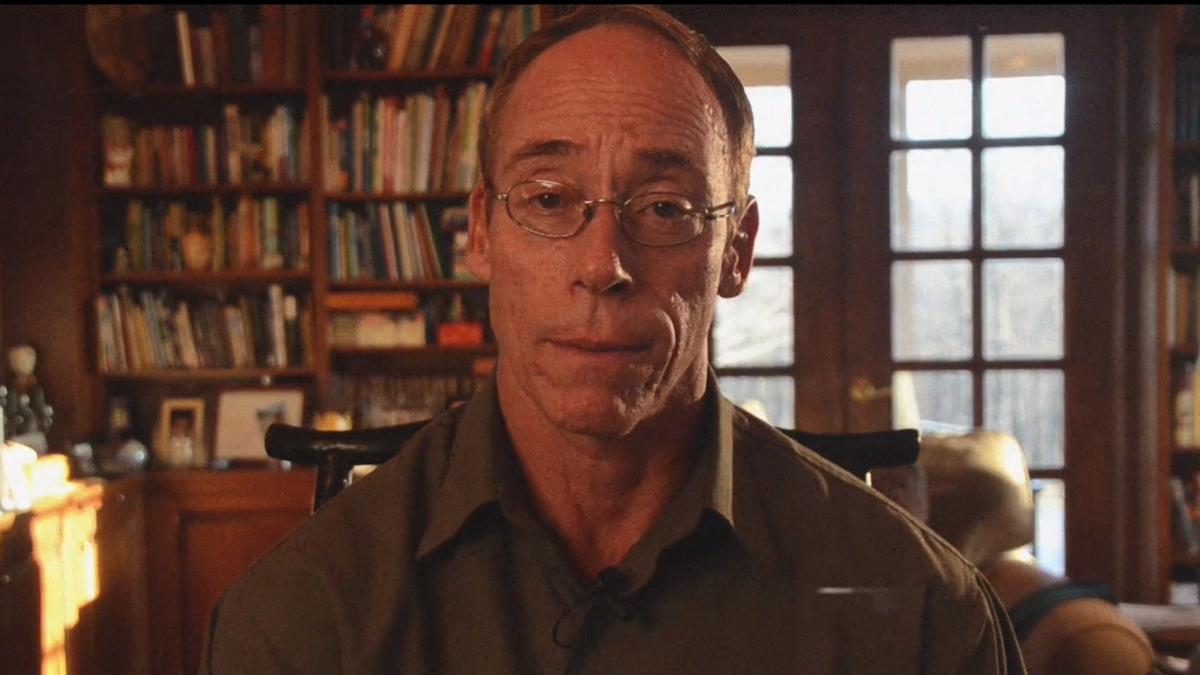
Unfortunately, “modern human society is spiraling into decadence, narcissism, depravity, and nihilism,” the narrator tells us, immediately cutting to the Cash Me Ousside girl from Dr. Phil, a clip that was four years old when the documentary came out. To summarize, selfishness, immorality, and a lack of spirituality — all of which are apparently new enough concepts that they’re just starting to take off, societally — are A) a collective existential threat to the future of mankind, and B) best represented by the actions of a 13-year-old girl.
And that’s when it clicked: that was Jeremy Piven reading the narration. What kind of a man has the gall to pin the corruption of the human potential on a seventh grader when it’s already been established that he was in not only Entourage, but also, more damningly, the movie they made out of Entourage?
Part Two: Legitimacy through the short-term rental of the Batcave
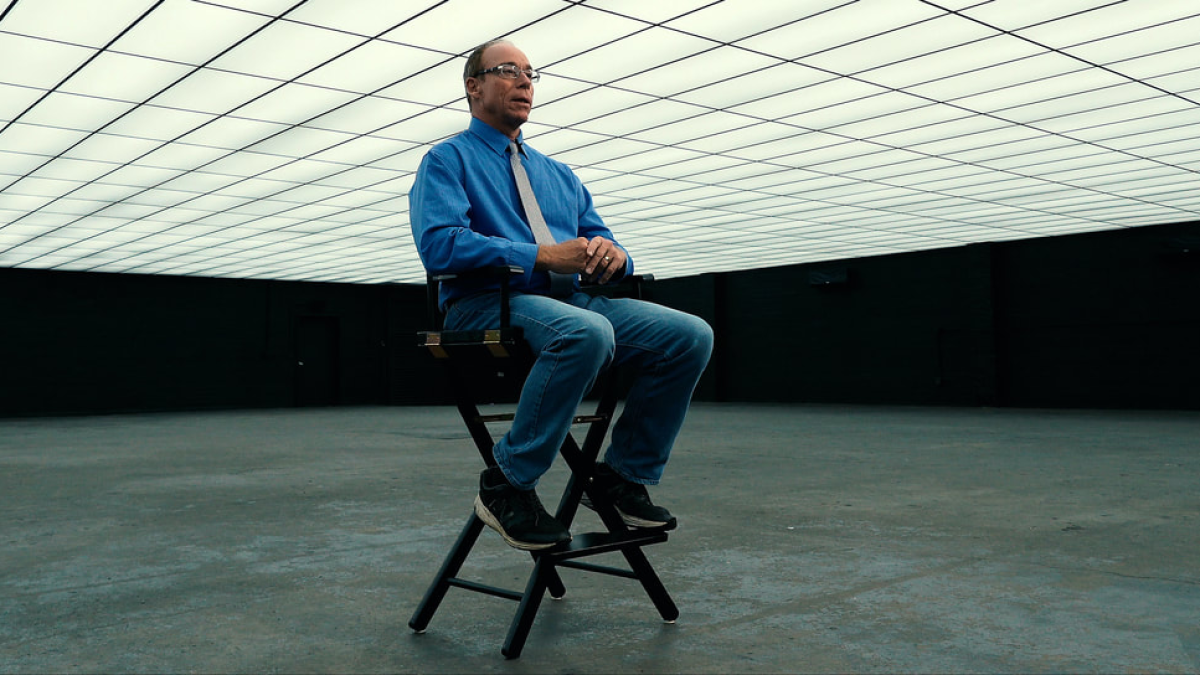
Greer delivers the majority of his testimony via multi-camera talking head segments which, already difficult to focus on, become borderline impossible to retain when you realize that it sure as shootin’ seems like he rented the Batcave set from The Dark Knight for this. Remember, the one that looks like the ceiling is made out of about a thousand of those things doctors use to show you your X-rays?
“I have put a briefing together for every president since Bill Clinton,” Greer tells us. Alright, man. I wrote a list of reasons why I thought we’d be best friends and sent it to Brent Spiner when I was nine — it doesn’t mean he read it.
Greer explains that the shadowy organizations responsible for all of the alien what-have-yous are outside the purview of the President and Congress, which, by process of elimination, puts them in the pocket of the judicial branch. It’s a tricky time in American politics, but I think we can agree across the aisle that “Amy Coney Barrett takes over the Men In Black” is a pip of an elevator pitch.
Doctor Greer then posits that, despite our many flaws, we can repair our apparently dinged relationship with extraterrestrials “by going directly to these civilizations and saying ‘We’re here. You can make contact with us. We’re unarmed. We’re friendly.’”
So, you know. Lying.
That’s as good a time as any to cut to four straight minutes of extra blurry UFO footage, the kind that everyone’s already seen. It’s the sort of footage that stopped being so prevalent after cameras got better at focusing, and it’s important to stay awake through it because Greer’s next movie is to compare himself and his fellow free thinkers to the Civil Rights activists of the 1960s and, inevitably, Martin Luther King.
Maybe this is why aliens don’t want to talk to us.
Part Three: I don’t want to talk to us, either
If Steven Greer’s documentary is to be believed, Steven Greer has a lot of beliefs about the importance of Steven Greer. We’re told the U.S. government’s highly-publicized 2017 release of classified documents pertaining to UFOs was just Uncle Sam covering his stars and stripes in preparation for Greer’s previous documentary, Unacknowledged. We learn that the current state of the mainstream media’s coverage of UFOs is just a means by which to subvert the public’s mental efforts, making it impossible for them to transcend to the level where they can contact extraterrestrials the way Steven Greer does. He even describes a government plot to lie to the American people, convincing them that an alien threat was imminent as a means of controlling the population. It’s scary stuff, made all the scarier by that time when it was the plot of Watchmen.
Time rolls on. We meet some of Dr. Greer’s colleagues. There’s Daniel Sheehan, an attorney with a complicated professional history, who serves as Greer’s legal representative, wants the Vatican to help humanity make a good impression during first contact, and definitely never played lead guitar for Queen.
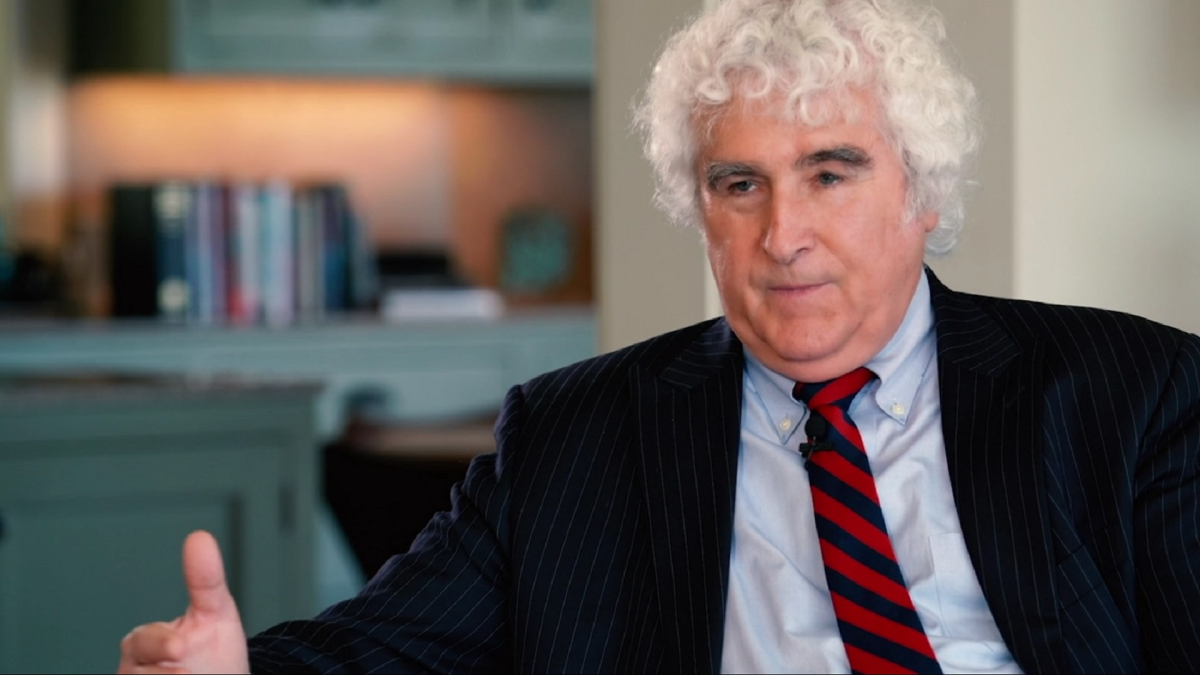
Joe Martino, a Canadian content creator, explains that all major corporate media is designed to maliciously control your perception. Also, he has a TED Talk available. Tom DeLonge from Blink-182 shows up. Tom DeLonge from Blink-182 always shows up.
By the 20-minute mark, Close Encounters has hit most of the broad-strokes points you’ll pick up walking through a flat earth convention or getting your uncle another beer at Thanksgiving. The messaging is a little muddled. Aliens don’t want to make contact with us, but they could, but they have, and they’ll stop most of our nukes if we use them on ourselves, but also they’ve already rendered a bunch of them inoperable. Dr. Greer claims that he was let in on the dystopian inside skinny by a member of the Royal Family, then back to the media’s psychological warfare, then some press junket footage of Ben Affleck talking about Argo.
That actually brings up a pretty important point.
Part Four: Steven Greer and the damage Hollywood did by making Jeff Goldblum characters seem attractive
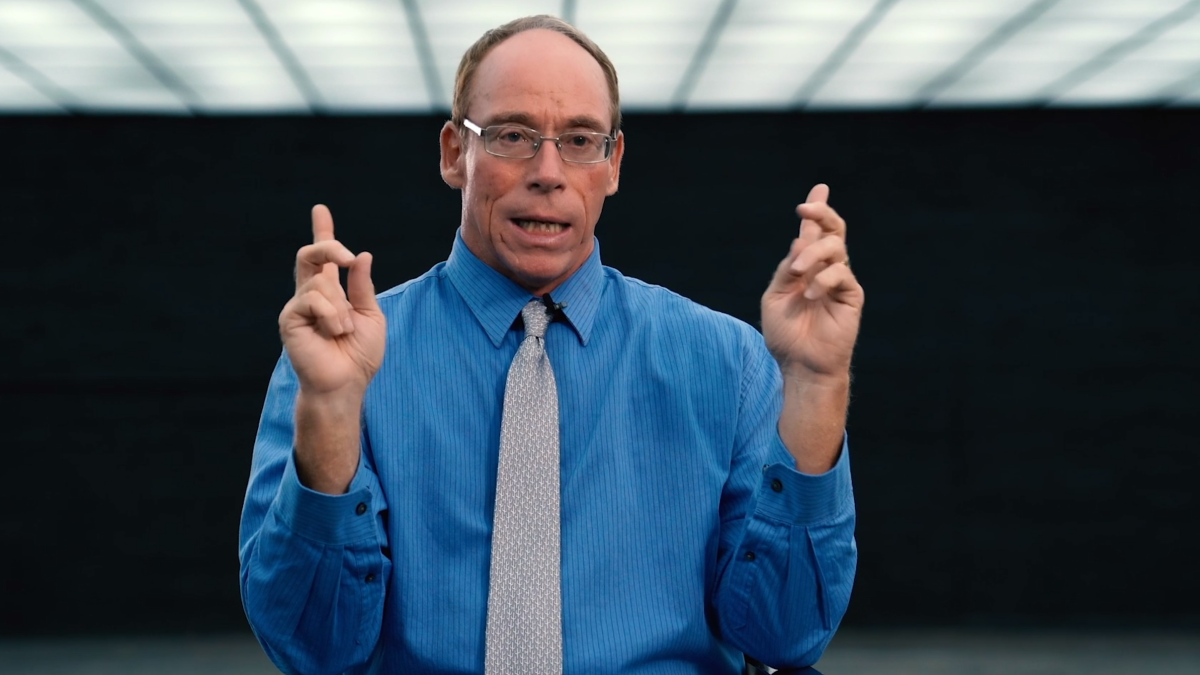
Between the Batman set piece; the Matrix intro; the Watchmen plot points; the painfully long montage of movie aliens that plays at this point in the film; the fact that the production shelled out Smokin’ Aces money for a recognizable actor to read a script into a microphone; and the fact that the producers named their UFO movie after a more famous UFO movie, an alarming pattern begins to emerge behind the scenes of Close Encounters. It seems possible Dr. Greer wants to be the star of a movie, one where he understands aliens more than anyone else, and also they’re his best friends because he’s way more evolved than anyone else, and he knows the most, and he saves the world, and he can do the most push-ups. Close Encounters feels like the halfway point between a genuine documentary and one of those movies that Steven Seagal produces about a guy who looks like Steven Seagal who can beat up anybody and who 21-year-olds want to make out with at cool bars.
What makes it worse is that Close Encounters, on the outside at least, feels like a documentary — the way that decorative rubber grapes feel real until you’ve eaten nine or ten of them. If you don’t listen to what anyone is saying, it hits all of the familiar beats — the multi-cam talking head segments, the classic three-point lighting setup, the rhythmic cuts between clips of news footage. Aesthetically, technically, you could walk into a room wearing headphones, see 20 seconds of footage, and think that it was Citizenfour.
And that brings me to the lesson that I learned watching Close Encounters of the Fifth Kind.
Conclusion: Maybe we made it too easy for people to make movies
When I was 17, I fell in love with video editing in the filmmaking lab at a community college I was barely attending. I remember how intoxicating and hypnotizing it felt, being able to stitch my ideas together into a cohesive narrative, indistinguishable from a real movie in every regard except quality. “This is amazing,” I thought. “Everyone should be doing this.”
Somewhere, the dried remains of a monkey paw closed one finger, and everyone did do this.
It wasn’t so bad at first. You could pretty much tell who was a genuine academic and who wasn’t based on whether or not they put Dan Aykroyd in their alien documentary. Then, all of a sudden, camera dollies started getting real affordable. DSLRs that you could buy cheap could shoot 20 minutes of footage at a time without overheating, and all of the guys who still thought it sounded profound to say “magic is just science we don’t understand yet” in their 40s seemed to take a film editing night course at the same time. Now, everyone with a bottle of Crystal Head vodka in the back of their Dodge Dart can make a sit-down interview describing a bad dream they had about E.T. presented like it’s An Inconvenient Truth.
I’m not about withholding education from the public. I deeply believe that the arts belong to everyone. After watching Close Encounters of the Fifth Kind, though, I do think that you should have to pass a battery of psychological exams before you’re allowed to buy Adobe Premiere.

